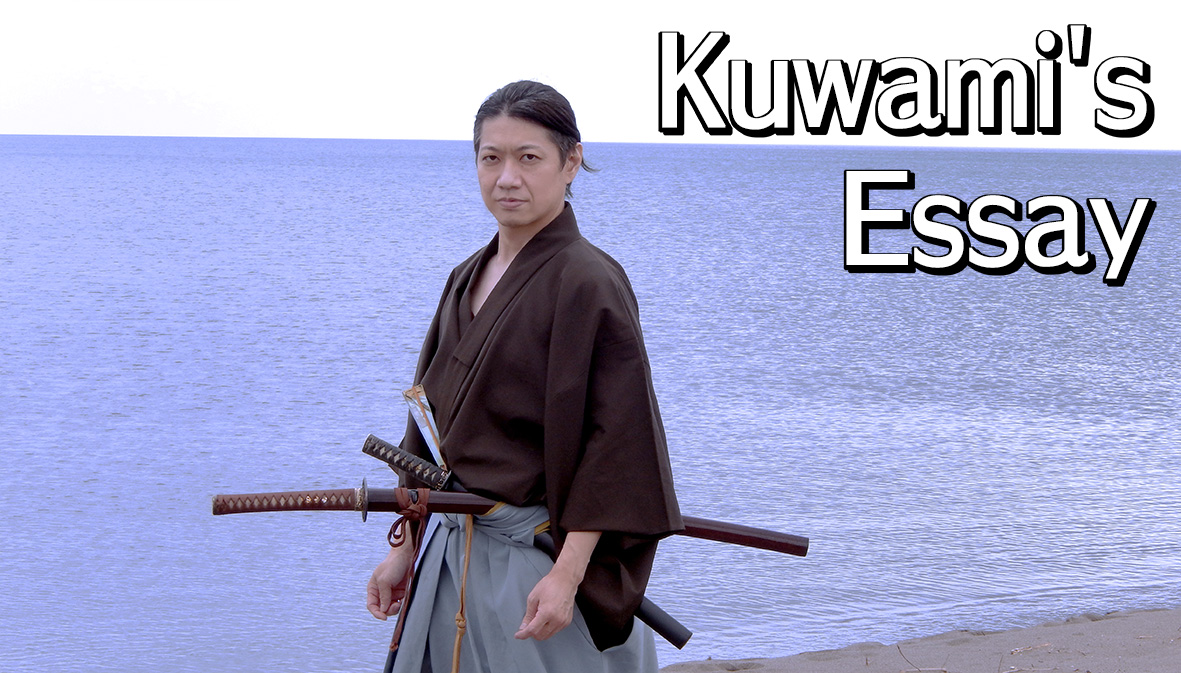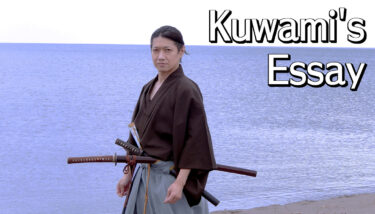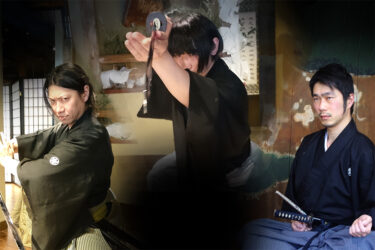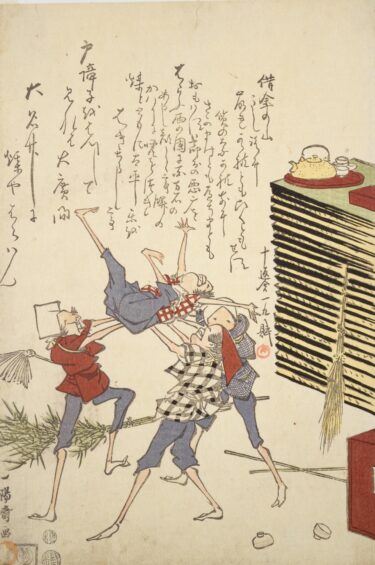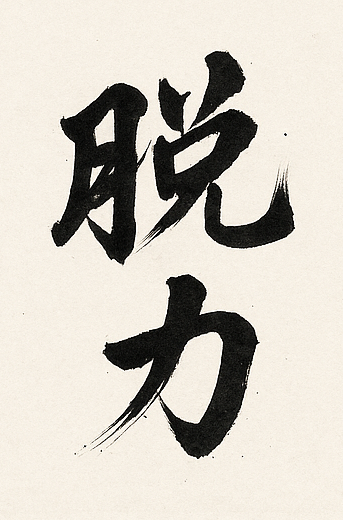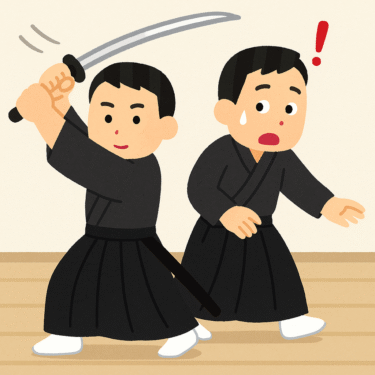子曰、過而不改、是謂過矣
子(し)曰(いわ)く、過ちて改めざる、是(こ)れを過ちと謂(い) う。
Confucius said, “To make a mistake and not correct it is to truly make a mistake.”
This phrase comes from the Chinese classic The Analects of Confucius.
Humans are not omnipotent, and even the wisest individuals are prone to making mistakes. However, humans are also creatures that learn and grow. Even when we err, we have the capacity to correct ourselves.
Thus, this teaching explains that the true mistake lies not in the act of erring, but in failing to correct oneself upon recognizing the error.
On social media, countless comments are posted daily—many of them thoughtless or based on incorrect knowledge and perceptions. When I occasionally respond to such comments, I find that people rarely acknowledge their mistakes, apologize, or show gratitude for being corrected. Instead, it seems as though admitting an error is seen as equivalent to losing.
But people have the ability to grow. This is not about winning or losing—it’s simply about having made a mistake. If one swiftly takes steps to correct themselves, that is enough. However, only a limited number of people are capable of doing this. Such individuals are often those who are engaged in an internal struggle to resist the urge to justify themselves. (Of course, there are also those who are naturally open to correction and able to accept it gracefully.)
Since I already know how these interactions tend to go, I usually delete and block such comments. Comments that expose ignorance only bring shame to the person who wrote them, so this is an act of kindness on my part. Trying to reason with someone who isn’t willing to listen is a waste of time for both parties.
This dynamic also appears in the context of teaching. When someone is corrected or advised, many first respond with excuses or self-defense. But such reactions are meaningless. Teachers are human, and it’s possible that their guidance may sometimes be flawed. However, in most cases, the errors lie with the learner, which is why the teacher’s role exists in the first place.
If a teacher is so consistently mistaken in their corrections, then they wouldn’t be worth learning from in the first place. Nevertheless, people often insist on their own correctness, wasting time, creating mental barriers, and ultimately delaying their progress.
In Japan, there is a cultural norm of responding with “hai” (“yes”), which is a very useful word for accepting something, even if one feels internal resistance. However, today in Japan, only a small number of people seem capable of sincerely saying “hai.” It feels as though people of all ages have become like resistance fighters, unwilling to bend or change themselves. Perhaps they are simply worn out after years of enduring unreasonable demands in schools or workplaces.
Still, if one is dissatisfied with their current self and seeks to encounter a better version of themselves, such growth requires a form of ritual. To change, one must suppress their ego, listen to the wisdom of those who came before them, and overcome the resistance within.
Confucius, the author of The Analects, was born in 552 BCE. Despite being nearly 2,500 years old, his teachings remain as vibrant and applicable in the modern world as ever.
